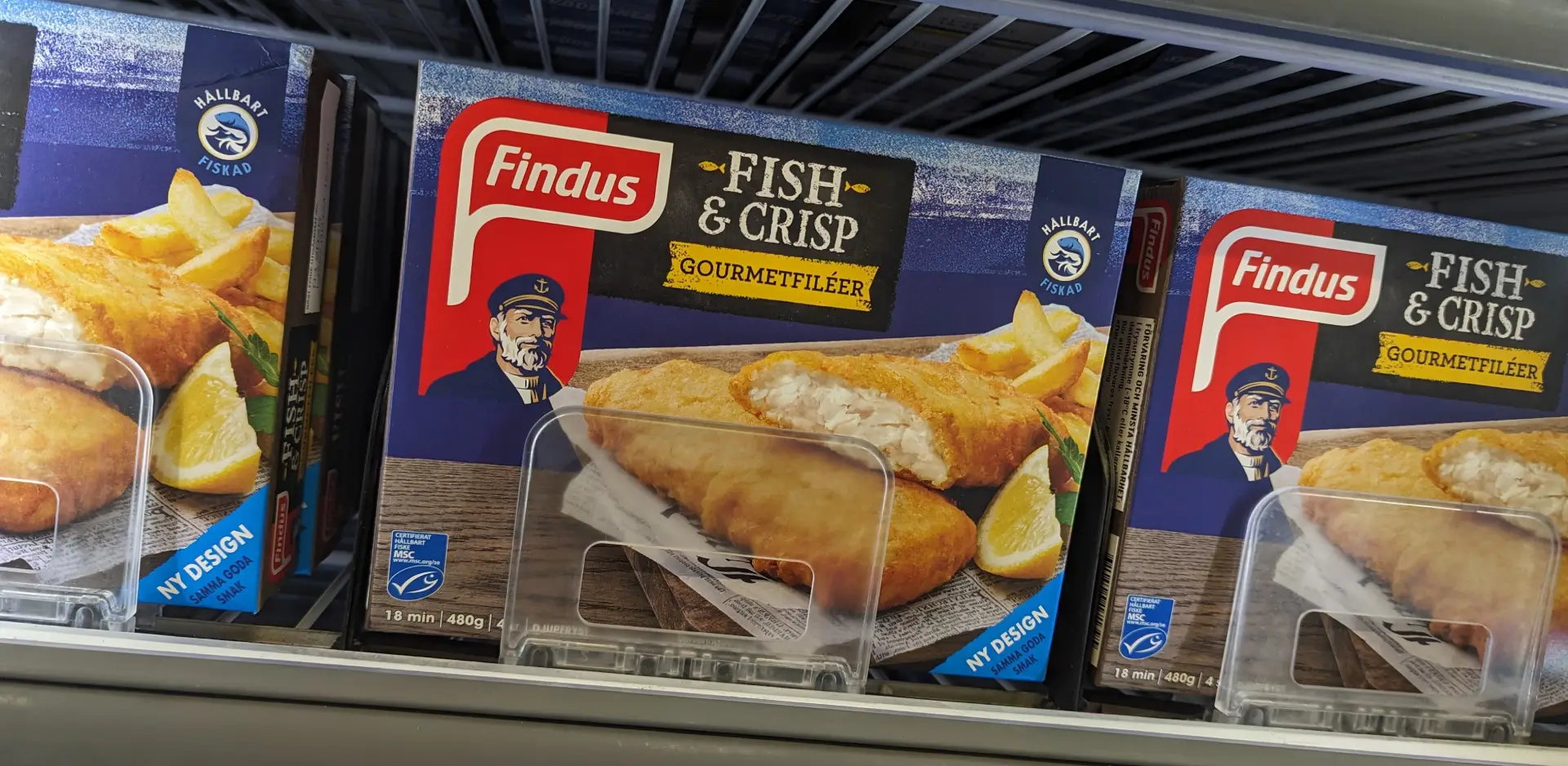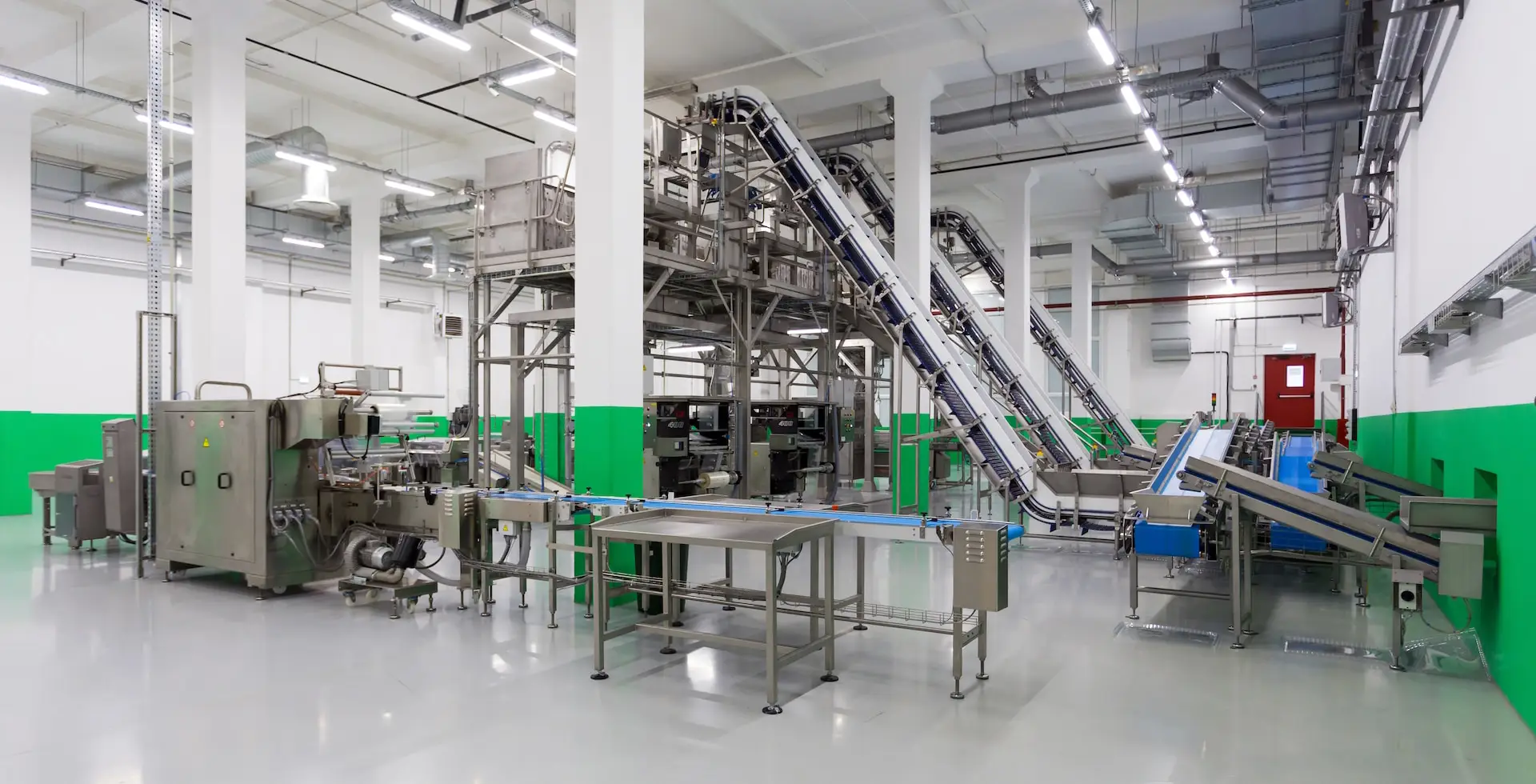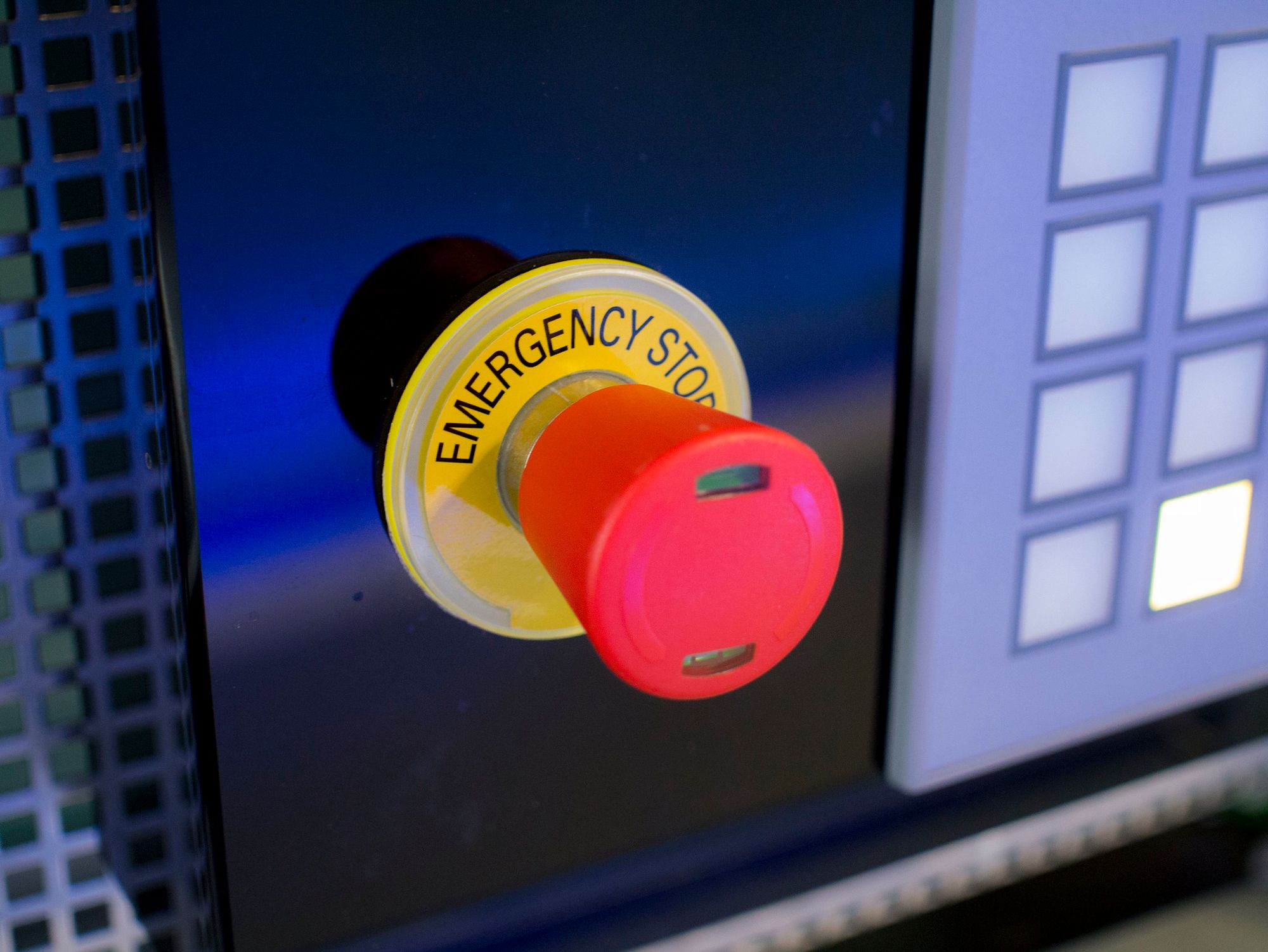"AI saves me a day a week"

People are saying that using "AI" saves them time. Anything from a few minutes to hours, but even as much as a typical working day. It helps them work faster.
The result of this AI driven efficiency is then either an entire working day at the end of the week when you can put up your feet and relax...

...or you crack on and get Monday's work done on Friday.
That second scenario implies that you have an endlessly increasingly backlog of tasks to be completed. You are never done. In which case, you won't ever "save" any time, as it will be instantly filled up with more tasks.
Having a bigger bucket, doesn't help if you don't turn off the taps. It will still overflow.
I'm going to brush over the health implications of holding yourself together while doing a job with an infinitely expanding backlog of tasks, and focus instead on the idea that AI helps people work faster.
A cog in the machine
Let's make a comparison with machinery. Good old-fashioned physical machines.
The more you use your machine, the quicker it will wear out. Running a machine faster doesn't increase the lifetime of the machine; it just brings forward its end of life (or when it is due for maintenance).
Also, if you run your machine faster - it needs more inputs - whether that is fuel, lubricant, or raw materials.
Then, once your machine has produced things extra fast, you will have a bigger pile of widgets that needs to be taken care of.

I spent a number of years in the mid-90s working, on and off, in a factory. A Frozen food factory. Not what I was intending to do, but looking back on that time, I learnt an awful lot about production. Continuous production involving people and machines.
There were times when the management decided to run a line faster - to produce more frozen product. In the case of one line I worked on, this was frozen fish fillets.
The machines coped, but could we?
The machines could cope with the increase, but at several points along the production line, there were humans. Me and my fellow factory workers.
It wasn't always as certain that the people at these stations along the line could cope. The margin between coping and failing was reduced by the increase in speed of the machines.
At the end of the production line was where I often worked - where we worked - we were a packing team. This end conveyor - the packing belt - was where the individual, fried and frozen, pieces of cod fillet would come out, and our job was to place them, four at a time, into packaging boxes.
The packing belt was long enough for 8 of us. The fact we had arms and elbows meant that a 9th person would stop all of us from doing anything. We had a maximum capacity that was dictated by how quickly the eight of us could grab four pieces of frozen fried fish and slot them into a box.
The faster the frozen fish came down...
- The quicker we had to place them into boxes.
- The more often we needed someone to refill the hopper that was feeding us with cartons to be filled.
- The quicker the person at the very end had to put the filled boxes of four frozen fillets into larger cardboard boxes and stack those boxes onto a pallet.
- The quicker the forklift driver had to come and move a full pallet to storage so we could start to fill the next one.
If our packing team couldn't keep up with the increased speed of the machines, it overflowed. The frozen fish we failed to pack, fell off the end of the line into big bags (to be packed another day, perhaps during the night shift cleaning period). Or filled boxes had to be stacked up by the side of a full pallet, and you'd try to play catch-up once the fork-lift had moved it away.
Stop the line!
Ultimately, there was a button to stop the line.

When things became overwhelmed, it often led to multiple failures; a cascade event happened. You needed to press the button and stop the production line, but stopping the line was expensive (and not a popular thing to do!)
So when it's said that AI makes you more productive. Saves time. Helps you work faster. Remember that the more you produce, the more you send downstream. Downstream to someone else.
How much capacity do the people downstream from you have? You might be overwhelming them, and causing them to reach for the emergency stop.
